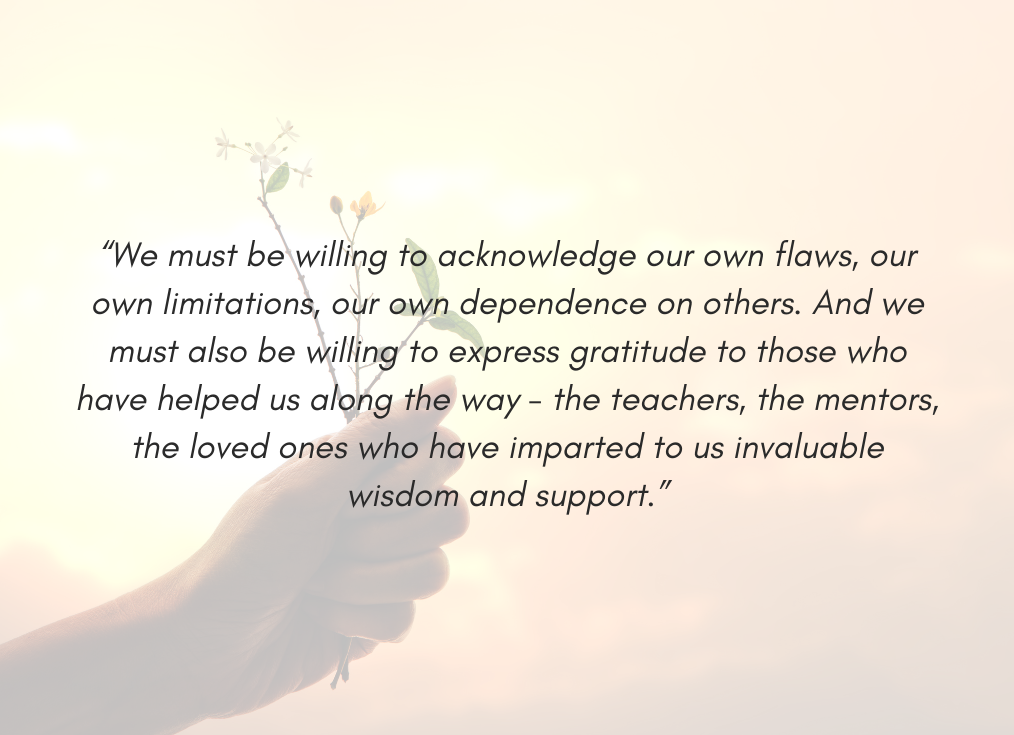From Arrogance to Appreciation

In this week’s Torah portion of Eikev, we are reminded of a fundamental truth about the human condition – our tendency to take credit for our successes while deflecting blame for our failures. As Moses continues his closing speech to the Israelites, he recounts their history – the golden calf incident, Korach’s rebellion, and the scouts sent to Canaan. Throughout these narratives, we see the Israelites repeatedly falling into the trap of arrogance and haughtiness.
When things are going well, we convince ourselves that it’s because of our own hard work, our expertise, or our merits. “My power and the might of my hand have won this wealth for me,” we tell ourselves (Deut. 8:17). We forget that it is Gd who has provided for us, who has blessed us with abundance. In our prosperity, we become haughty, losing sight of our dependence on the Divine.
Yet when adversity strikes, when our fortunes take a turn for the worse, we are quick to shirk responsibility. “It’s not my fault!” we cry. “Blame the situation, blame the circumstances, blame anyone but me!” We absolve ourselves of accountability, unwilling to acknowledge our own role in the unfolding of events.
…
Moses warns the Israelites of the dire consequences that await them if they succumb to this kind of arrogance and forgetfulness. “Beware lest your heart grow haughty, and you forget Adnai your Gd…” (Deut. 8:14). When we lose sight of our interdependence with others and with the Divine, we risk being cut off from the very source of our blessings.
But this message is not just about our relationship with Gd – it also speaks to our responsibilities to one another. Our individual lives are inextricably bound to the lives of those around us. The decisions we make, the attitudes we cultivate, have a profound impact on our family, our friends, our community. When we become stuck in self-absorption and self-aggrandizement, we lose sight of how our actions affect others.
This is a challenging lesson, one that calls us to a deeper level of self-reflection and humility. We must be willing to acknowledge our own flaws, our own limitations, our own dependence on others. And we must also be willing to express gratitude to those who have helped us along the way – the teachers, the mentors, the loved ones who have imparted to us invaluable wisdom and support.
I encourage you to reach out to someone who has made a lasting impact on your life. Call a former teacher, a friend, a colleague, a relative, and express your sincere appreciation for the lesson(s) they taught you. Let them know how that lesson has helped you grow and evolve over the years. In doing so, you will not only honor their contribution, but also remind yourself of the web of interconnectedness that sustains us all.
As we navigate the ups and downs of life, may we remember the timeless message of Eikev: to remain humble, to cultivate gratitude, and to recognize our profound interdependence with the Divine and with one another. Because we are…
STRONGER TOGETHER.
Shabbat Shalom.

